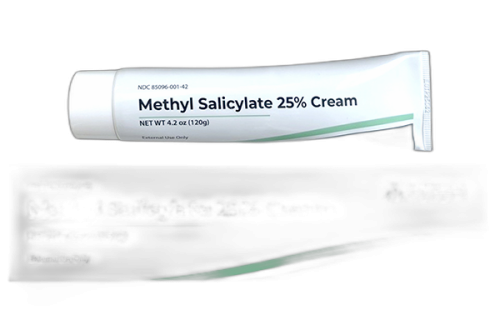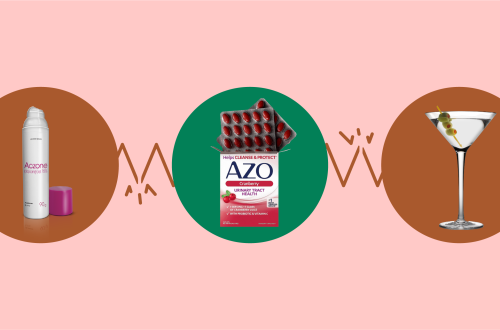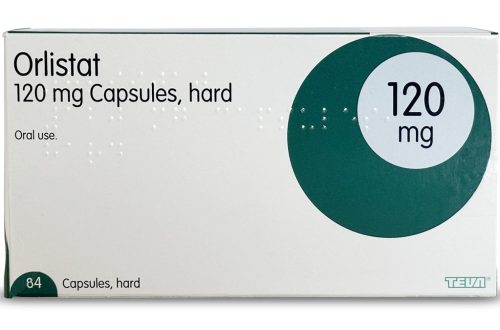Introduction
Heart failure is a chronic condition in which the heart cannot pump blood effectively enough to meet the body’s needs. It affects millions of people worldwide and is a leading cause of hospitalization and reduced quality of life—especially in older adults. Despite its name, heart failure doesn’t mean the heart has stopped working; it means it is working less efficiently, leading to fatigue, breathlessness, and fluid retention.
While heart failure is a serious condition, it can be managed effectively through a combination of lifestyle changes and medications. With the right treatment plan, many people with heart failure live longer, more active lives. This article outlines the most important strategies in lifestyle management and the medications commonly used to control symptoms and slow disease progression.
1. Understanding Heart Failure
Types of Heart Failure
- Left-sided heart failure
- Systolic (reduced ejection fraction, HFrEF): The heart can’t pump with enough force.
- Diastolic (preserved ejection fraction, HFpEF): The heart can’t fill properly between beats.
- Right-sided heart failure
Often caused by left-sided failure, this type leads to fluid buildup in the legs, abdomen, and liver.
Common Symptoms
- Shortness of breath (especially during exertion or lying down)
- Fatigue and weakness
- Swelling in legs, ankles, or abdomen
- Rapid or irregular heartbeat
- Persistent cough or wheezing
- Weight gain from fluid retention
2. Lifestyle Changes for Managing Heart Failure
Lifestyle modifications are essential to reduce strain on the heart and prevent worsening symptoms. These changes often make the biggest long-term impact.
2.1 Sodium Restriction
- Why: Sodium causes the body to retain water, worsening fluid overload.
- Recommendation: Limit to 1,500–2,000 mg of sodium/day.
- Tips: Avoid canned soups, processed foods, and salty snacks. Read labels carefully.
2.2 Fluid Management
- Why: Too much fluid increases the burden on the heart.
- Recommendation: Fluid intake may be limited to 1.5–2 liters/day for some patients.
- Tips: Track intake, and be cautious with high-water-content foods like soups and fruits.
2.3 Weight Monitoring
- Why: Sudden weight gain can indicate fluid retention.
- Tip: Weigh yourself daily at the same time and report a gain of more than 2–3 pounds in a day or 5 pounds in a week to your provider.
2.4 Physical Activity
- Why: Improves circulation, stamina, and heart efficiency.
- Recommendation: Engage in light-to-moderate aerobic exercise like walking or cycling, as advised by your doctor.
2.5 Quit Smoking and Alcohol
- Smoking damages blood vessels and worsens heart function.
- Alcohol can interfere with medications and contribute to cardiomyopathy.
2.6 Manage Stress and Sleep
- Practice relaxation techniques like deep breathing or yoga.
- Treat sleep apnea if present—common in heart failure patients and worsens outcomes.
3. Medications for Heart Failure
Medications help manage symptoms, improve heart function, and prolong life. They are tailored to the type and severity of heart failure.
3.1 ACE Inhibitors (or ARBs)
- Function: Dilate blood vessels, lower blood pressure, and reduce heart strain.
- Examples: Lisinopril, Enalapril (ACE inhibitors); Losartan, Valsartan (ARBs).
- Benefit: Improve survival and reduce hospitalization.
3.2 Beta-Blockers
- Function: Slow heart rate, reduce blood pressure, and protect the heart.
- Examples: Metoprolol, Carvedilol, Bisoprolol.
- Benefit: Proven to reduce mortality in HFrEF.
3.3 Diuretics
- Function: Remove excess fluid to ease breathing and reduce swelling.
- Examples: Furosemide (Lasix), Bumetanide.
- Note: They improve symptoms but do not improve survival.
3.4 Aldosterone Antagonists (Mineralocorticoid Receptor Antagonists)
- Function: Reduce sodium retention and protect the heart.
- Examples: Spironolactone, Eplerenone.
- Benefit: Improve survival and reduce hospitalizations.
3.5 SGLT2 Inhibitors
- Originally used for diabetes, these drugs also benefit heart failure.
- Examples: Dapagliflozin, Empagliflozin.
- Benefit: Reduce hospitalizations and improve outcomes in both HFrEF and HFpEF.
3.6 ARNIs (Angiotensin Receptor–Neprilysin Inhibitors)
- Example: Sacubitril/valsartan (Entresto).
- Benefit: Greater survival benefit than ACE inhibitors in HFrEF.
3.7 Digoxin
- Function: Improves heart pumping and controls heart rate.
- Use: Sometimes used in advanced heart failure or with atrial fibrillation.
- Caution: Requires blood level monitoring due to narrow therapeutic range.
4. Monitoring and Regular Checkups
Importance of Follow-up
- Routine visits help adjust medications and monitor for worsening symptoms.
- Blood tests (electrolytes, kidney function) are important, especially with diuretics or ACE inhibitors.
Cardiac Devices
In advanced cases, devices may be needed:
- ICD (Implantable Cardioverter Defibrillator): Prevents sudden death from arrhythmias.
- CRT (Cardiac Resynchronization Therapy): Improves heart pumping in patients with electrical conduction issues.
5. Emotional and Mental Health Support
Heart failure is physically and emotionally taxing. Depression and anxiety are common but often overlooked.
What Helps:
- Counseling or therapy
- Cardiac support groups
- Involvement of caregivers and family in care plans
Conclusion
Managing heart failure requires a comprehensive and lifelong approach. While medications are vital to control symptoms and improve outcomes, lifestyle changes play an equally important role in maintaining heart function and preventing hospitalizations. With the right combination of both, many patients with heart failure can enjoy fulfilling lives, improved well-being, and better long-term health.
Early diagnosis, adherence to treatment, and regular communication with healthcare providers are the keys to success. Remember: heart failure is manageable—and you’re not alone on the journey.
FAQs:
Can heart failure be cured?
No, heart failure is usually a chronic condition, but with the right treatment and lifestyle changes, it can be effectively managed.
What foods should I avoid with heart failure?
Limit salt (sodium), processed foods, fried foods, and high-fat dairy. Avoid excessive alcohol and sugary drinks.
How do diuretics help in heart failure?
Diuretics (water pills) help remove excess fluid, reducing swelling and easing breathing.
Is exercise safe with heart failure?
Yes, light to moderate exercise is often safe and beneficial. Always follow your doctor’s advice and pace yourself.
Why is daily weight monitoring important?
Sudden weight gain can indicate fluid buildup, a sign that your heart failure is worsening and needs medical attention.






